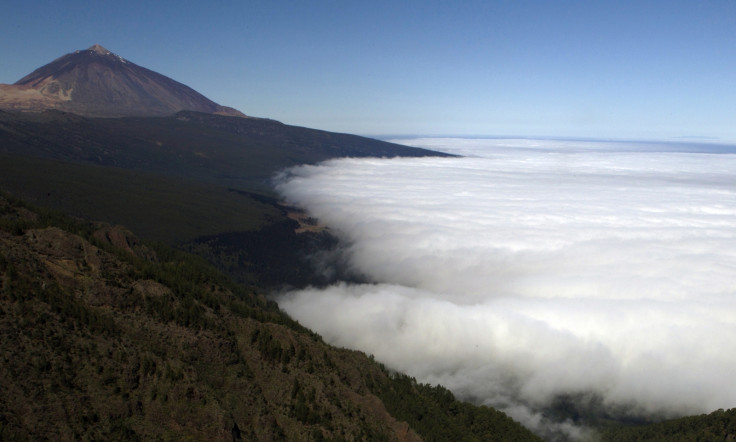Tenerife's Mount Teide volcano rocked by 22 earthquakes in four days sparks fears it may erupt
Mount Teide is the highest point in Spain and attracts around three million tourists a year.

The Spanish holiday island of Tenerife has been rocked by a swarm of earthquakes in the last week, sparking fears that volcano Mount Teide may be about to erupt.
The tremors were clustered around the popular tourist village of Vilaflor on the slopes of the 12,000ft volcano, between 28 October and 31 October.
Mount Teide's is the highest point in Spain, and the volcano with an 80 meter wide crater attracts around three million sunseekers a year to the island off the West African coast.
The last time Mount Teide erupted was in 1909, and experts from the Volcanological Institute of the Canary Islands were quick to say this type activity is common in volcanoes that are not extinct and what scientists call the swarm of earthquakes were not that big. The largest measured 1.4 on the Richter scale, with most of the activity coming between 6km to 8km below sea level, meaning villagers did not feel them.
In general, earthquakes above 5.4 cause slight damage to buildings, with widespread destruction coming with quakes at 7 or above on the Richter scale.
"This swarm is similar to the other seismic swarms recorded in Tenerife since last June 2017 and as always it is important to emphasise, it does not represent any kind of concern to the population", the body wrote on their Facebook page.
It added: "These types of swarms are common in active volcanoes."
Experts say the recent run of earthquakes are linked to hydrothermal systems beneath the volcano that produce liquids and steam. In this system even small increases in pressure can lead to small earthquakes.
A major volcanic eruption occurs when super-heated magma – a mixture of molten or semi-molten rock – from inside the earth is thrust to the surface.






















